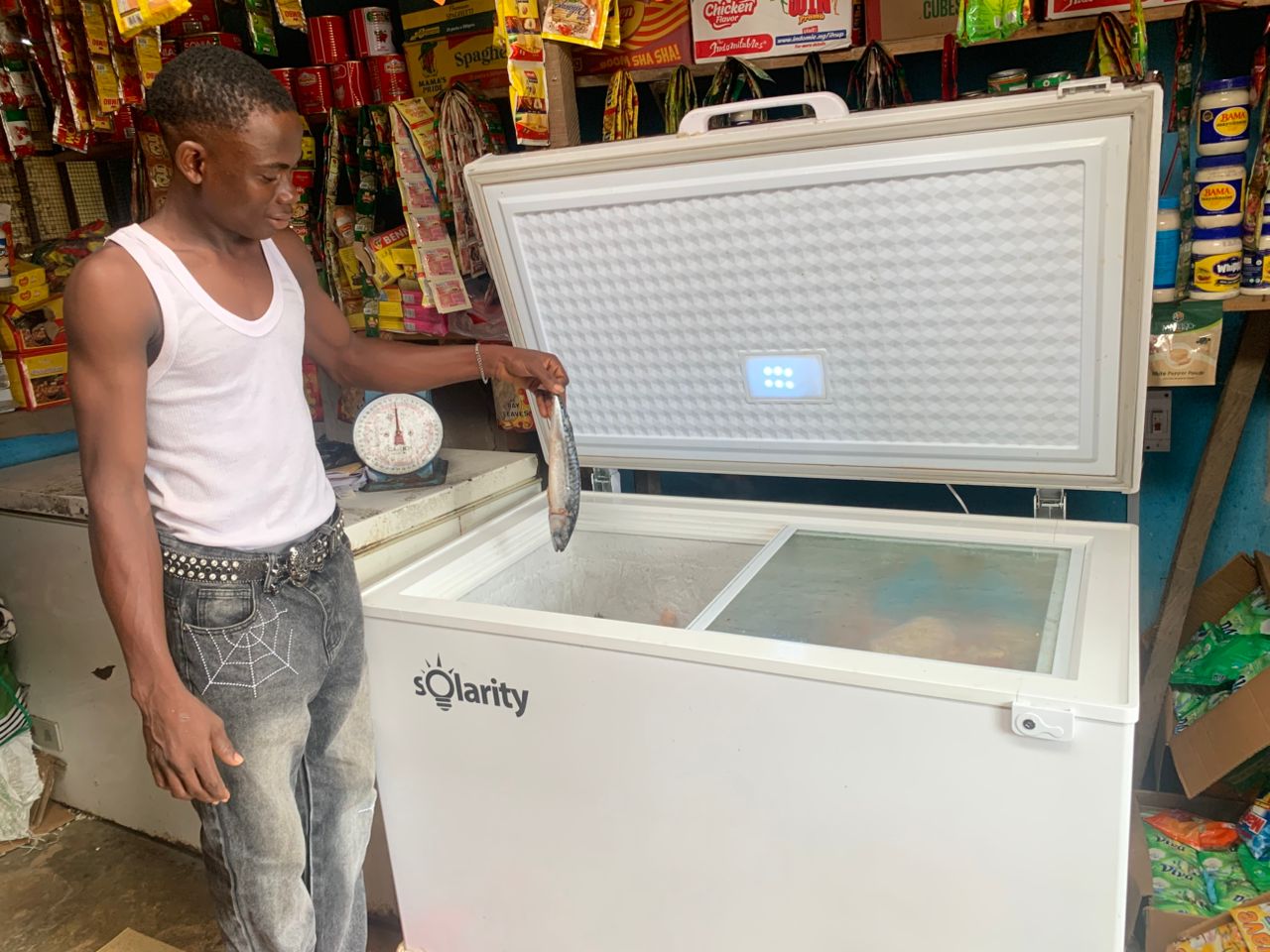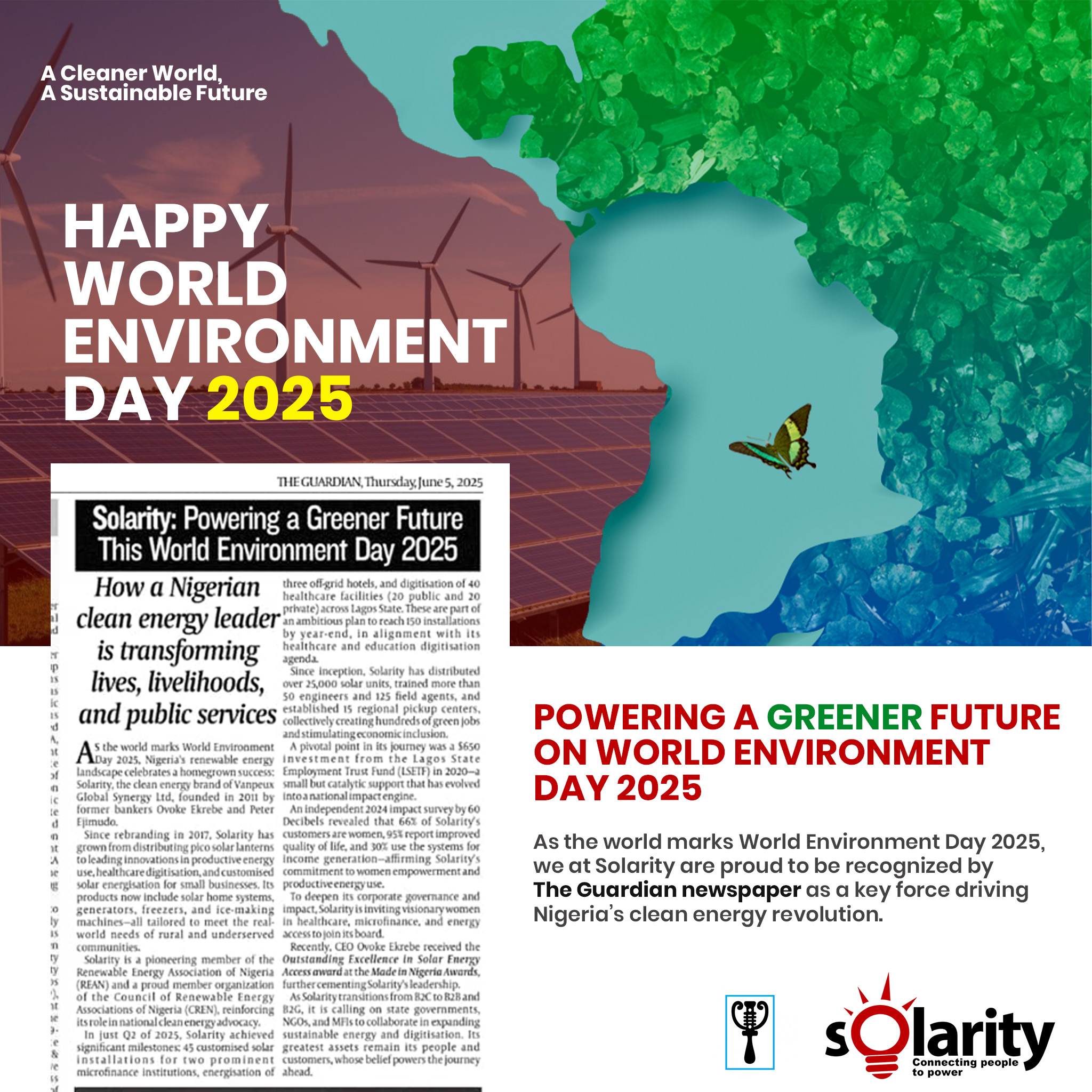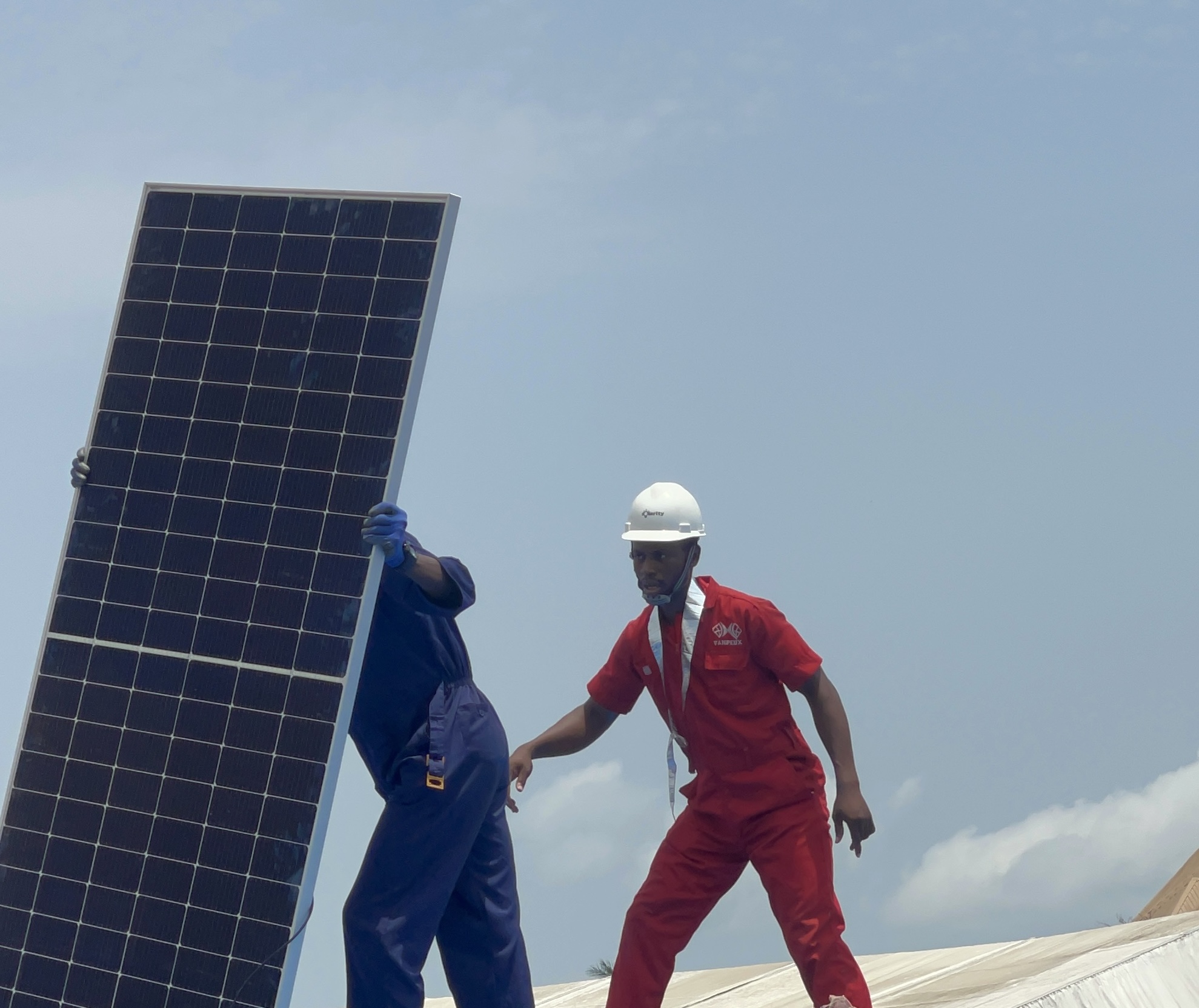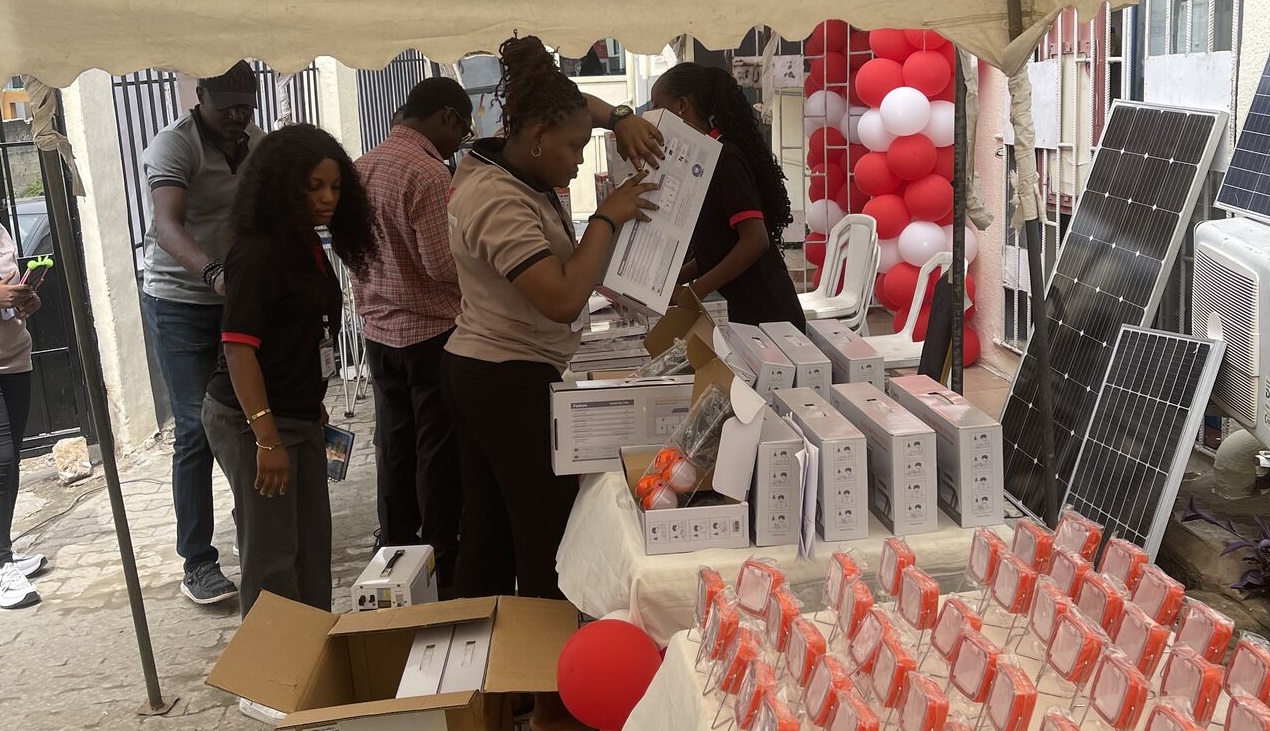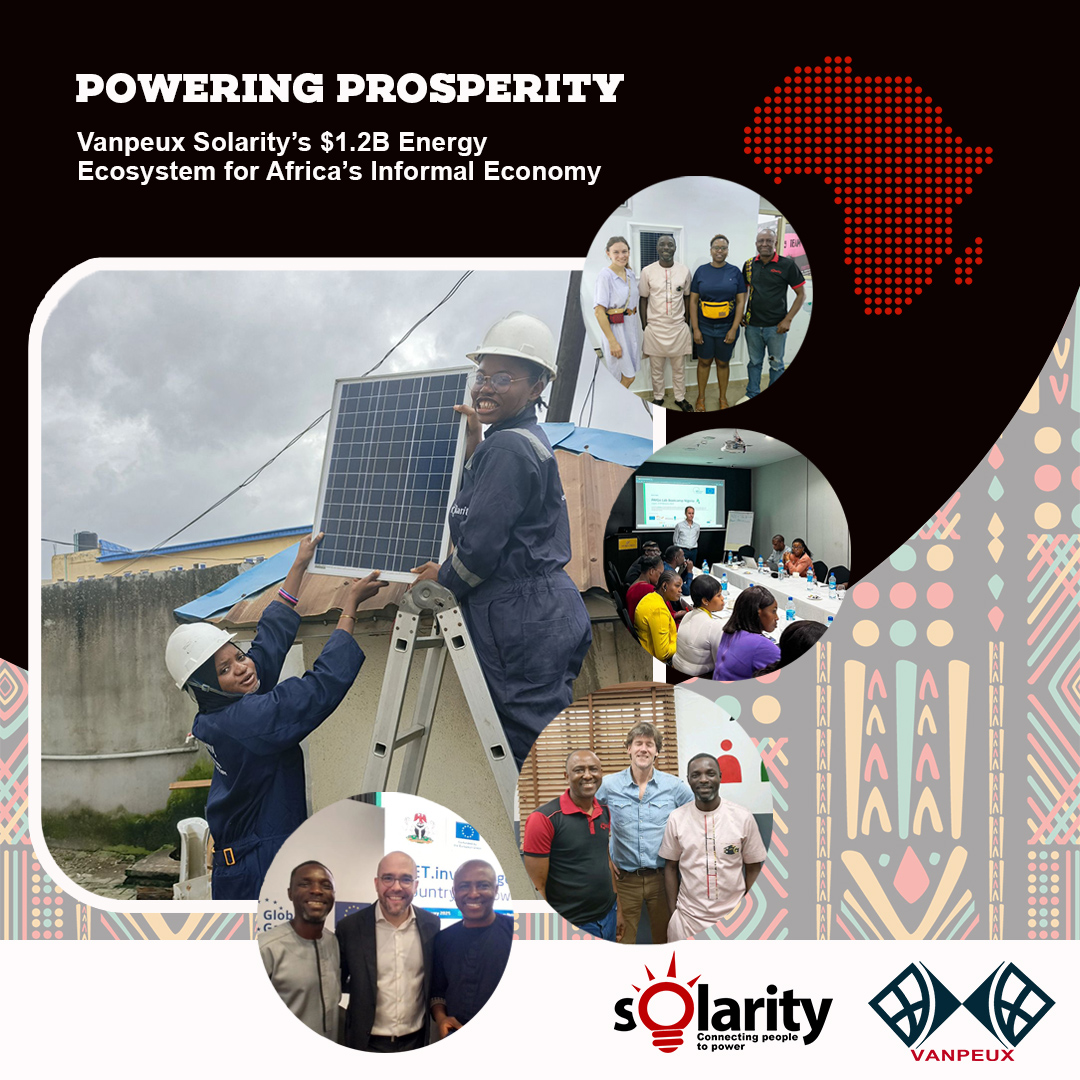- November 5, 2024
Energy Efficiency in Nigeria: A Smart Solution to Power Challenges
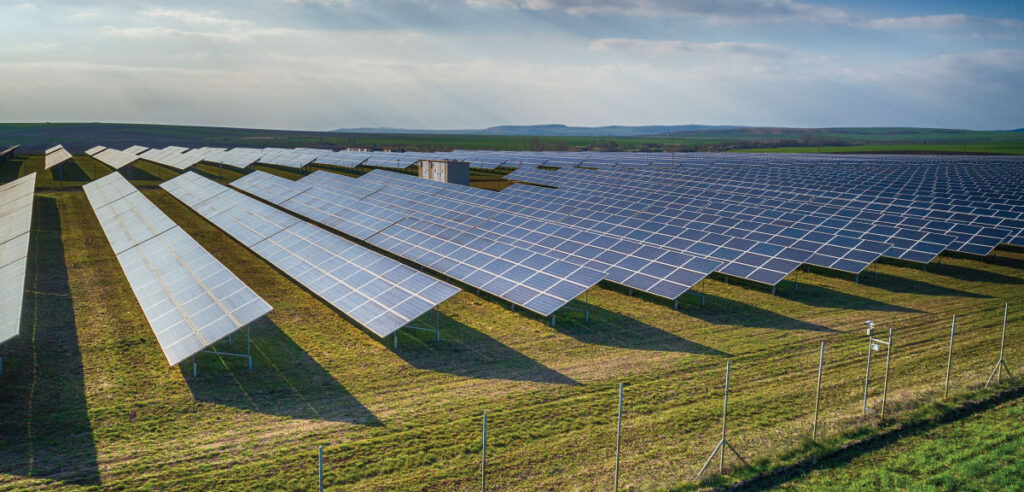
In a country like Nigeria, where power outages are frequent and energy costs are steadily rising, finding ways to reduce energy consumption and optimize the use of available resources is more crucial than ever. Whether you’re running a business in Lagos, working from home in Abuja, or simply trying to stay comfortable in your home, energy efficiency can make a world of difference.
But what exactly does energy efficiency mean, and how can Nigerians tap into its potential? Let’s break it down and explore practical steps to make energy efficiency a part of our daily lives.
Understanding Energy Efficiency: Why It Matters in Nigeria
Energy efficiency refers to using less energy to perform the same tasks. In simple terms, it’s about getting more out of the energy you consume. In a country like Nigeria, where unreliable power supply is a challenge and fuel prices are often fluctuating, becoming energy efficient not only helps reduce the financial burden on households but also alleviates the strain on the national grid.
Nigeria’s energy sector has long struggled with underperformance, including inadequate infrastructure, frequent blackouts, and limited access to stable power, especially in rural areas. At the same time, the cost of running generators has risen sharply as diesel and petrol prices increase. This creates a dire need for smarter, more sustainable ways to power our homes and businesses.
How Energy Efficiency Can Help You Save Big
- Reduced Electricity Bills
The most immediate and noticeable benefit of adopting energy-efficient practices is the reduction in energy consumption, which directly leads to lower electricity bills. In many Nigerian homes and businesses, the use of inefficient appliances—like old refrigerators, air conditioners, and lighting systems—consume more power than necessary. Replacing them with energy-efficient models can cut your energy use significantly.
For instance, LED bulbs use about 75% less energy than traditional incandescent bulbs and last much longer, making them a wise choice for anyone looking to save on lighting costs.
- Less Reliance on Generators
Many Nigerians rely on generators to bridge the gap between power outages, but this comes at a high cost. Not only does fueling a generator drain your wallet, but the noise and pollution can be a significant inconvenience. By making your home or business more energy-efficient, you can reduce the need for generators, particularly during power cuts. Solar-powered solutions, such as solar panels and solar-powered fans, can provide a clean, renewable energy alternative that doesn’t depend on the national grid or expensive diesel.
- Environmental Impact
Energy efficiency isn’t just about saving money; it’s also about protecting the environment. Using less electricity means fewer emissions, which contributes to cleaner air and a healthier planet. Nigeria is already facing environmental challenges such as deforestation and air pollution, and adopting energy-efficient solutions can help mitigate some of these problems. For example, choosing solar energy reduces reliance on fossil fuels, which are major contributors to climate change.
Practical Energy-Saving Tips for Nigerians
1. Switch to LED: Lighting LED bulbs are a no-brainer. They’re energy-efficient, cost-effective, and last much longer than traditional bulbs. By replacing all your incandescent bulbs with LEDs, you can reduce your lighting costs by up to 75%.
2. Invest in Solar Energy: Solar power is one of the most efficient and reliable energy sources available, especially in a country like Nigeria where sunlight is abundant. Solar panels, solar-powered lights, and solar-powered appliances can drastically reduce your reliance on the national grid. Consider installing a solar-powered fan, like the Solarity Solar-Powered AC/DC Fan, which cools your space without consuming electricity or fuel.
3. Upgrade to Energy-Efficient Appliances: Older appliances, especially refrigerators, air conditioners, and water heaters, tend to consume more energy than modern, energy-efficient models. Look for the energy star rating when purchasing new appliances, and replace outdated models to save on long-term energy costs.
4. Unplug Devices When Not in Use: Many electronic devices continue to consume power even when turned off. This “phantom” energy drain can add up over time. Unplug devices such as chargers, televisions, and microwaves when they’re not in use to save energy.
5. Use Power Strips To manage multiple devices, use power strips. This allows you to easily disconnect several devices at once, preventing them from consuming energy when not in use.
6. Embrace Smart Technology: Smart thermostats, energy monitors, and home automation systems can help you better manage your energy consumption. These devices allow you to control the temperature of your home remotely or set timers for lights and appliances, making it easier to optimize energy use.
7. Regular Maintenance of Appliances: Make sure your air conditioners, refrigerators, and other major appliances are well-maintained. Regular cleaning and servicing ensure they operate at peak efficiency, reducing unnecessary energy consumption.
The Role of Government and Businesses in Promoting Energy Efficiency
While individual action is important, there’s a need for greater investment in energy efficiency solutions on a national level. The Nigerian government, businesses, and organizations must collaborate to promote energy-efficient technologies, raise awareness, and provide incentives for people to make the switch. Supporting initiatives like energy-efficient infrastructure, tax rebates for renewable energy systems, and incentives for companies to adopt sustainable practices can go a long way in improving the country’s overall energy efficiency.
In addition, businesses and entrepreneurs can help by providing affordable, reliable energy-efficient products to the Nigerian market. Products like solar-powered fans, energy-saving bulbs, and solar panels are increasingly in demand and can make a significant impact on reducing the strain on the power grid.
The Future of Energy Efficiency in Nigeria
As energy prices continue to rise and power shortages remain a constant issue, energy efficiency is no longer just an option; it’s a necessity. With smart solutions like solar energy, energy-efficient appliances, and simple habits like turning off lights when you’re not using them, we can all contribute to building a more sustainable and affordable energy future for Nigeria.
By making the switch to energy-efficient products and practices, Nigerians can not only save money but also help alleviate the pressure on the national grid, reduce environmental impact, and ensure a more stable energy future for generations to come.
In Conclusion
Energy efficiency is a simple yet powerful way to address Nigeria’s ongoing energy challenges. Whether it’s adopting solar power, switching to LED lights, or making smarter appliance choices, every little change can add up to significant savings and a more sustainable future. So, let’s take the first step toward making our homes, businesses, and communities more energy-efficient—one kilowatt at a time.

